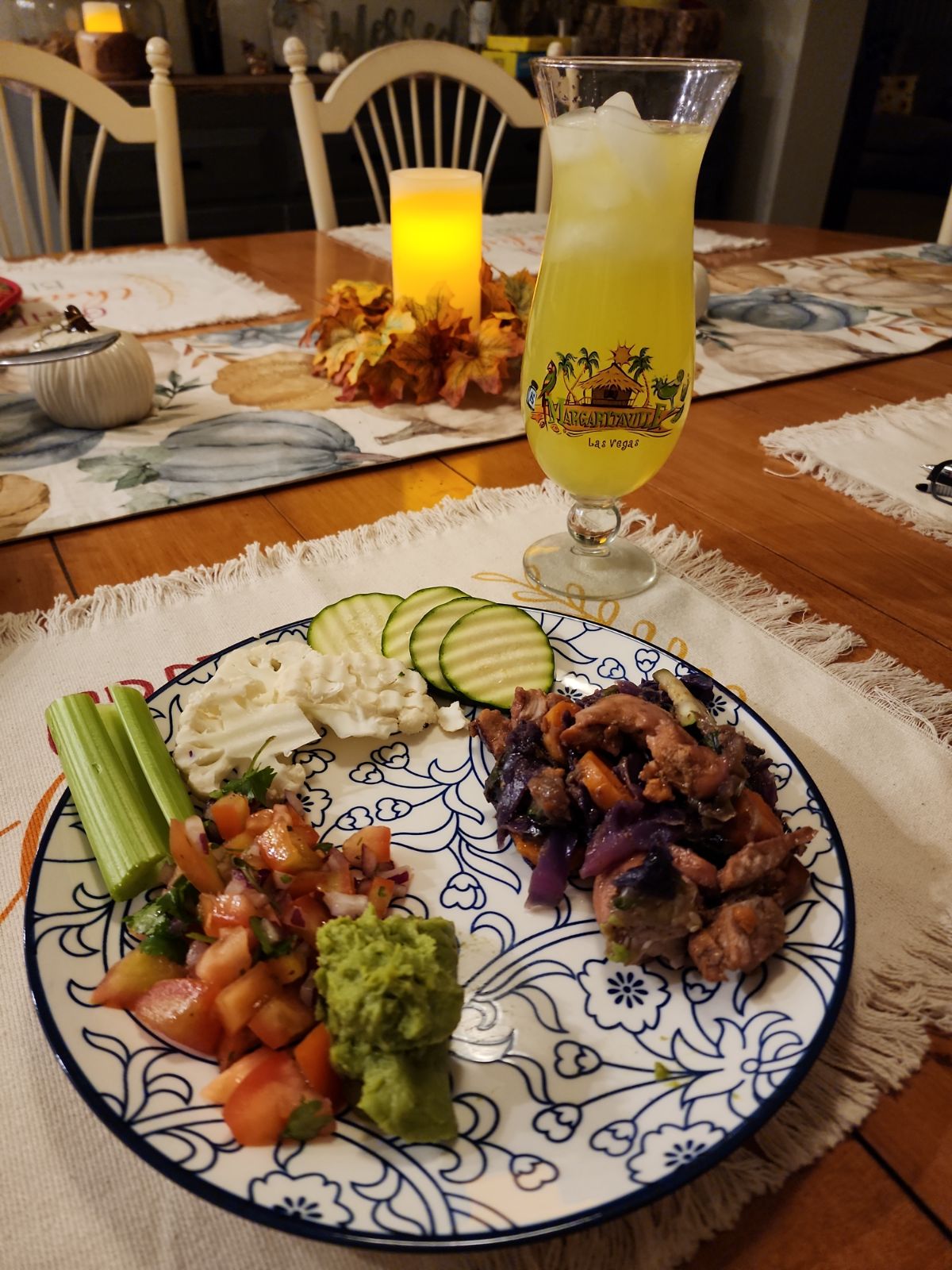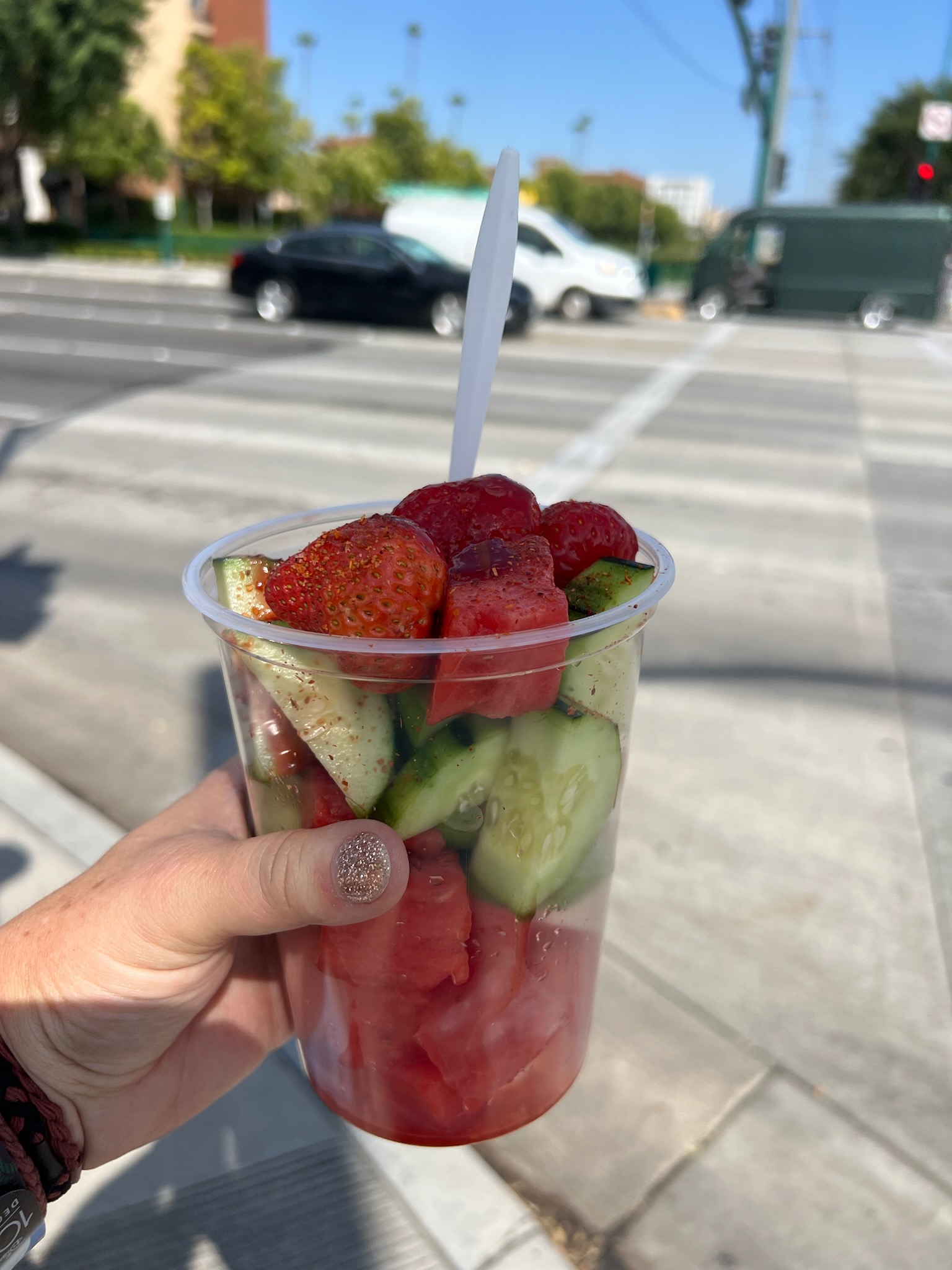
Category: Blue Zone
Blue zones are specific regions around the world known for the longevity and overall well-being of their inhabitants. These regions, including places like Okinawa, Japan; Sardinia, Italy; Nicoya, Costa Rica; Ikaria, Greece; and Loma Linda, California, have common lifestyle and environmental factors contributing to the exceptional health and longevity of their residents. Characteristics of blue zones typically include a plant-based diet rich in legumes, whole grains, and vegetables, regular physical activity, strong social connections, low stress levels, and a sense of purpose. These areas offer valuable insights into healthy aging and have attracted attention from researchers aiming to understand the habits and practices that contribute to a longer, more vibrant life.

Prebiotics, Probiotics, and Postbiotics: Essential Components for Gut Health
Maintaining a healthy gut is fundamental to overall well-being. The intricate balance of prebiotics, probiotics, and postbiotics plays a crucial…

The Importance of Thoroughly Dusting Your Home
Keeping your home dust-free is essential for health and cleanliness. Dust particles are not only a nuisance but can also pose significant health risks when inhaled or when they come into contact with the eyes. This guide explores the magnetic nature of dust, effective dusting techniques, the importance of starting from the highest surfaces, and the benefits of using charcoal to reduce dust. Learn how to properly clean blinds, vacuum and mop floors, and maintain clean air through purifiers and regular air filter replacements. Integrating these practices contributes to holistic health by improving the air quality in your home.

Income and Health: Exploring the Relationship Between Wealth and Well-being
Managing your finances isn’t just about money—it’s about your health too. Financial stress can cause insomnia, weight gain, anxiety, and physical ailments. On the flip side, good health can boost your earning potential. By incorporating small changes, like 30-second exercise bursts and waking up early, you can improve both your financial and physical well-being. Discover how wealth and health are interconnected and start making healthier financial choices today.

Cell Phone Usage: Disrupts Digestion and Social Etiquette
Using cell phones while eating can disrupt digestion and social interactions. Distracted eating leads to poor nutrient absorption and overeating, while ignoring dining companions is considered rude. Learn how mindful eating and proper etiquette can improve your health and relationships. Discover expert tips and a step-by-step system for better digestion and weight management.
Rhubarb Jalapeno Preserve
Medical Disclaimer for Mama Vega Enterprises: Optimal Health 360 Blog Post The information provided on the Mama Vega Enterprises: Optimal…

Expand Reach: Rethink Partnerships and Networking Opportunities
This Memorial Day, expand your community outreach during Mental Health Awareness Month by attending the 1,000 Flags event on May 25, 2024. This partnership between Bakersfield Breakfast Rotary and Blue Zones Project – Bakersfield is designed to bring people together in service and promote community health.
Both organizations are dedicated to fostering community spirit and service above self. This year, the Bakersfield Breakfast Rotary will provide treats from local Blue Zones Approved restaurants, including Locale Farm to Table, Modern Grub, and Sweet Peas Bakery/Better Bowls.
By participating in this event, you’ll support the Rotary’s mission of honoring those who made the ultimate sacrifice, while also promoting healthier living through nutritious food options offered by the Blue Zones Project. Join us to make a difference in our community and celebrate the true spirit of Memorial Day.

Diabetes, Obesity, and Bone Health in Minority Communities
In minority communities, diabetes and obesity pose significant health challenges, impacting not only overall well-being but also bone health. Limited access to healthcare and nutritious foods exacerbates these conditions. However, by embracing lifestyle changes such as adopting the Blue Zone diet and incorporating regular exercise, individuals can take proactive steps to improve their bone density and overall wellness. Understanding the intersection of diabetes, obesity, and bone health is essential for addressing health disparities and promoting long-term health in minority populations.

Meat-Plant Parity: Food Production A Sustainable Approach
In today’s rapidly changing world, the concept of meat-plant parity has become increasingly relevant. This concept aims to balance the scales of food production between meat and plant-based foods, ensuring that both receive equal attention, resources, and policy support. Meat-plant parity is crucial for a sustainable future, as it promotes a more balanced and environmentally friendly food system.
Why is meat subsidized and not produce? The current system of subsidies for meat production is a legacy of historical agricultural policies. Meat has traditionally been seen as a staple food, and subsidies were introduced to support domestic meat production and ensure a stable food supply. However, as our understanding of the environmental and health impacts of meat production has evolved, there is a growing recognition of the need to rebalance our food system.
The loss from spoilage: While it’s true that produce has a higher risk of spoilage compared to meat, the environmental impact of meat production far outweighs the losses from spoilage. In addition, there are ways to reduce food waste, such as improved storage and distribution systems, that can help mitigate the issue of spoilage.
The carbon footprint of produce is typically lower than that of meat, owing to the more efficient use of resources in plant-based agriculture. In contrast, meat production is associated with a range of environmental impacts that contribute to its higher carbon footprint. Deforestation is a significant issue, as large areas of land are cleared to make way for livestock farming and feed production. This leads to the release of carbon stored in trees, further contributing to greenhouse gas emissions. Additionally, methane emissions from livestock, particularly ruminant animals like cattle, are a major source of greenhouse gases. Methane is a potent greenhouse gas, with a much higher warming potential than carbon dioxide over a short time frame. Finally, meat production requires intensive use of water and feed, both of which have environmental consequences.
Overall, plant-based agriculture offers a more sustainable alternative to meat production, both in terms of mitigating global warming and preserving natural habitats. By choosing plant-based foods over meat, individuals can help reduce their carbon footprint and contribute to a more sustainable food system.

Senior Living Centers, The Deadly Diet : A Shocking Revelation
When we think of retirement communities or senior living centers, we often picture tranquil environments where the elderly can thrive,…









